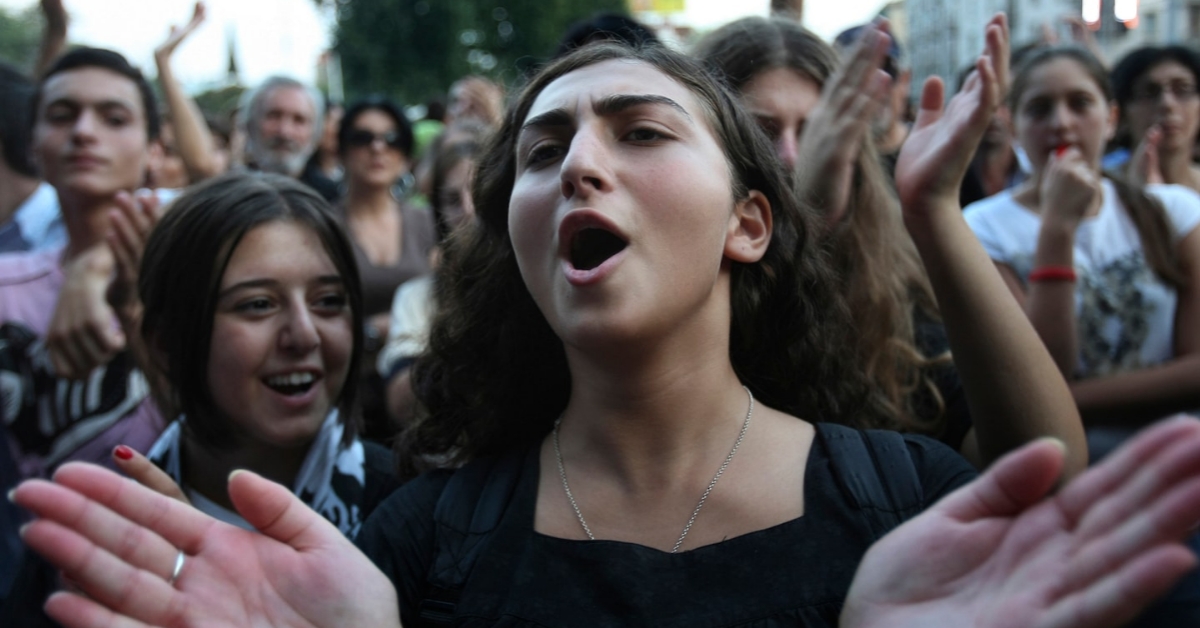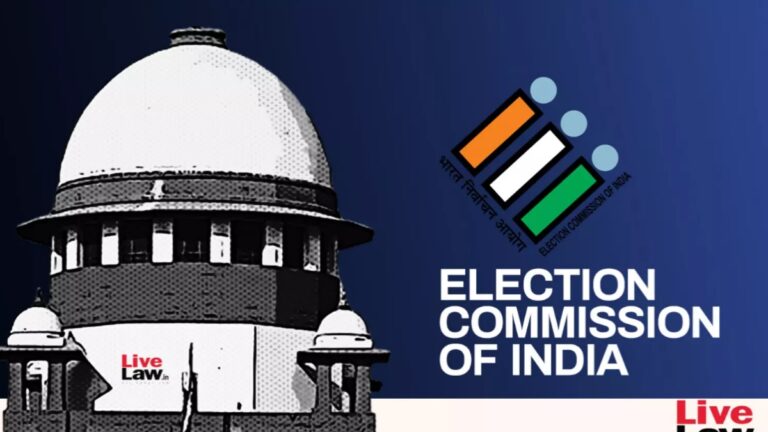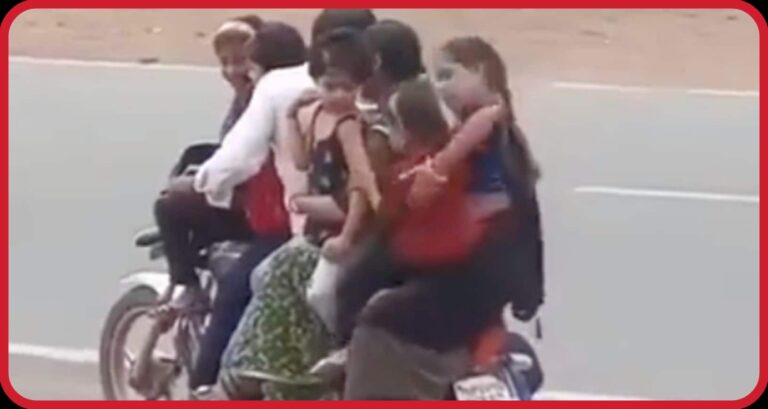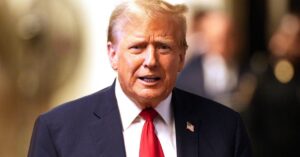Introduction
Georgia, a nation at the crossroads of Europe and Asia, finds itself embroiled in a pivotal struggle for democracy. Against a backdrop of escalating tensions, Georgians are taking to the streets in a unified effort to defend their hard-won freedoms. At the heart of this controversy lies Georgia’s ‘foreign agents’ law, a contentious piece of legislation that mirrors authoritarian tactics employed by Russia. Let’s delve deeper into the implications and challenges posed by this law.

Understanding the ‘Foreign Agents’ Law
The ‘foreign agents’ law mandates that organizations receiving more than 20% of their funding from abroad must register as agents of foreign influence. Proponents argue that this enhances political transparency and preserves national sovereignty. However, critics view it as a mechanism to undermine democratic values and impede Georgia’s aspirations for European integration. Spearheaded by the ruling Georgian Dream party and its influential figure, Bidzina Ivanishvili, the law has elicited widespread condemnation.
The Fight for Democracy
Georgians, like Rati Khazalia, perceive the passage of this law as a betrayal by their government. For them, it represents a stark choice between democratic principles and authoritarianism. As protests reverberate across the nation, citizens unite in their determination to resist encroachments on their fundamental rights and freedoms.
International Response and Implications
The international community closely monitors developments in Georgia. The European Union unequivocally denounces the law as incompatible with its values, casting doubt on Georgia’s prospects for EU membership. Similarly, the United States condemns the legislation, cautioning of potential repercussions on bilateral relations and pledging to impose sanctions against its proponents.
The Divided Path: West or East?
Georgia’s geopolitical orientation remains a subject of contention. While public opinion overwhelmingly favors closer ties with the West, the actions of the government sometimes appear to align with Moscow’s interests. This dichotomy underscores the complexities of Georgia’s political landscape and the challenges of navigating between competing geopolitical influences.
The Struggle for a Democratic Future
As Georgia grapples with the implications of the ‘foreign agents’ law, it confronts fundamental questions about its identity and aspirations. Will it succumb to authoritarian pressures, or will it uphold the principles of democracy and freedom? The outcome of this struggle holds profound implications, not only for Georgia’s trajectory but also for the broader region.
Conclusion
Georgia stands at a critical juncture. The passage of the ‘foreign agents’ law represents a litmus test for the nation’s commitment to democratic principles and European integration. As citizens mobilize in defense of their rights, the world watches with keen interest, hopeful that Georgia will choose the path of resilience and freedom in the face of adversity.
the specific provisions of Georgia’s ‘foreign agents’ law?
The ‘foreign agents’ law in Georgia has sparked intense debate and protests. Let’s delve into its specific provisions:
- Definition of ‘Agents of Foreign Influence’ (FAs):
- Non-entrepreneurial (non-commercial) legal entities (NNLEs) and mass media (broadcasters, print media outlets, internet domains) fall under this category if they receive over 20% of their total revenue from foreign support.
- The term “agents of foreign influence” (“უცხოური გავლენის აგენტი”) carries a negative connotation, often interpreted as synonymous with a “foreign spy.”
- Obligations and Restrictions:http://(NNLEs)
- NNLEs and mass media labeled as FAs face several burdensome obligations:
- Self-labeling: They must identify themselves as FAs.
- Access to funding: Their access to funding support is limited.
- Registration and reporting: They must comply with additional registration and reporting requirements.
- Government inspections: They are subject to unlimited government inspections.
- Penalties: Harsh penalties are imposed for violations of the law.
- NNLEs and mass media labeled as FAs face several burdensome obligations:
- International Law and EU Standards:
- The law violates Georgia’s obligations under international law and EU standards.
- Freedom of association (Article 11 of ECHR): The law restricts NNLEs’ activities, stigmatizes them, and imposes limitations that do not meet permissible standards.
- Prohibition of discrimination (Article 14 of ECHR): The law discriminates against NNLEs and mass media receiving foreign funding.
- Georgians’ Protest and International Concern:
- Georgians protest against this law, viewing it as a threat to democratic values.
- The European Union and the United States have expressed concern, questioning Georgia’s EU membership prospects123.
In this critical juncture, Georgia’s choice will shape its democratic future and resonate beyond its borders.



















